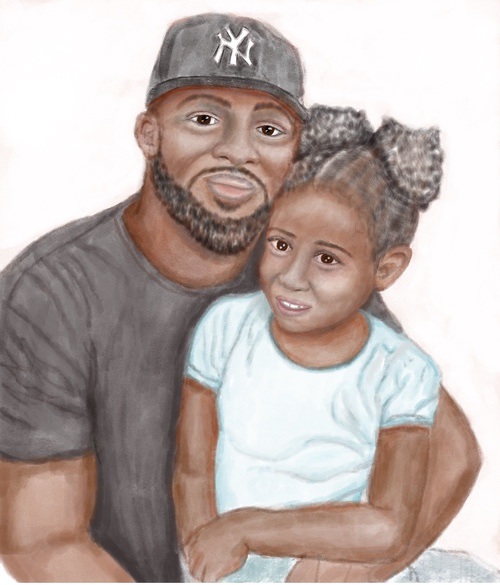
Teaching Respect Through Active Listening
Before you can have tough conversations with your kids on challenging topics, establish the habit of them feeling heard.
Spring is …Master Keys Season of Respect
All season we will be focusing on Topics your kids will use everyday such as:
Active Listening
Phone Manners
Making Introductions
Look for ways to blend the topics into your everyday world:
Table talk, Bedtime Reading, Car Talk
Let’s zero in on the central skill of showing respect and that’s being totally present by engaging in active listening. When someone feels that you are focused solely on them, making eye contact, and caring about what they are trying to share, then this act of active listening (whether you agree with them or not) allows the person to feel heard.
This is a tough time to teach being respectful. Kids see a lot of examples of being snarky, snide and rude and its often rewarded. Here is help:
What does it mean to be respectful? It can take many forms.
- Stopping what you’re doing to focus on someone else’s needs
- Letting someone older or infirmed go first
- Showing gratitude for what someone has done or provided for you
- Being on your best behavior
Let’s start with one of the most basic signs of showing respect:

ACTIVE LISTENING
In the Master Keys series on Respect, there are three parts to teaching listening skills. This is at the heart of all effective communication. Before we can take a look at interrupting or conflict resolution, active listening sets the stage for all interactions. Let’s look at Part I, Feeling Heard.
When one feels that they’ve been truly heard they have a basis to listen to others and become much more receptive. This topic helps you to first ask your child what they think and feel; what matters to them. Once they know you care and are interested, they will begin to open up.
Ask what bothers them most and simply listen. Don’t try to fix it, just listen to them. Repeat back what you’re hearing and listen some more. Before you can have harder conversations, create a dynamic where they feel truly heard.

